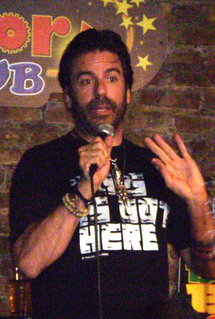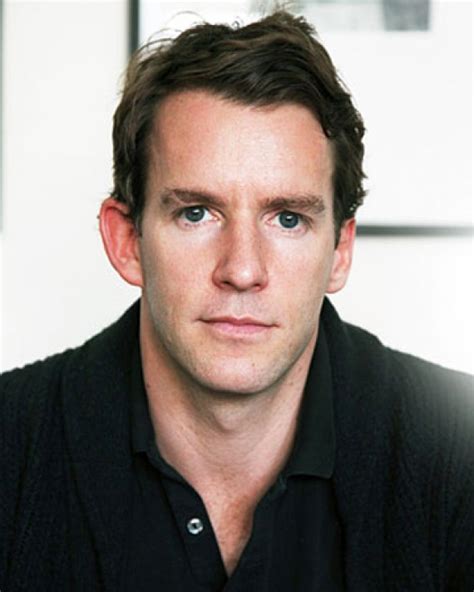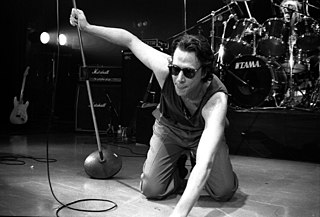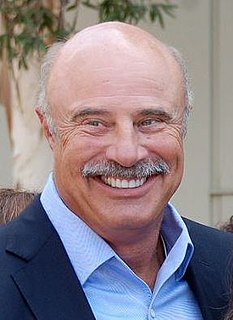A Quote by Sheila Heti
For me, a memoir is supposed to be understood as a representation of your life, whereas a novel is self-consciously symbolic.
Quote Topics
Related Quotes
Going from memoir to fiction was fantastic. I had been afraid to move away from memoir; I'd written some novel drafts, but they weren't well received by my agent at the time, and it had been drilled into me that "memoir outsells fiction two to one" (not sure if that's true anymore, or if it ever was), so I felt like the only smart thing to do, professionally, was to keep mining my life for painful moments to recapitulate.
I've been thinking a lot about why it was so important to me to do The Idiot as a novel, and not a memoir. One reason is the great love of novels that I keep droning on about. I've always loved reading novels. I've wanted to write novels since I was little. I started my first novel when I was seven.I don't have the same connection to memoir or nonfiction or essays. Writing nonfiction makes me feel a little bit as if I'm producing a product I don't consume - it's a really alienating feeling.
Man is symbolic to the sun. The sun is dealing with a ball of fire and didn't go out yet. Me being symbolic to the sun, that's what keeps me going, that's like my hunger. That's like my fury, my self esteem. That's the elements within me that keep my body motionable. The fire is self esteem. Inner strength.
For me writing is an organic process that starts with engaging the language and then thinking about the structure of the novel as you move along. Especially in revision you start to notice correlations. Things come up, not self-consciously, because you're busy feeling your way through sentences and trying to push the language into new places.
I think, when you're a young composer, you're told constantly that what you're supposed to do is figure out what your voice is. "What is your thing supposed to sound like?" You know: "What's the thing you do," that everyone can recognizably tell from a long distance is you and then you're supposed to be in search of that marker and you're supposed to find it and you're supposed to live there for the rest of your life. And it seemed to me, from a young age, that was what I was encouraged to do. You find a sound and that's your sound! That's what you do.
Be your authentic self. Your authentic self is who you are when you have no fear of judgment, or before the world starts pushing you around and telling you who you're supposed to be. Your fictional self is who you are when you have a social mask on to please everyone else. Give yourself permission to be your authentic self.




































